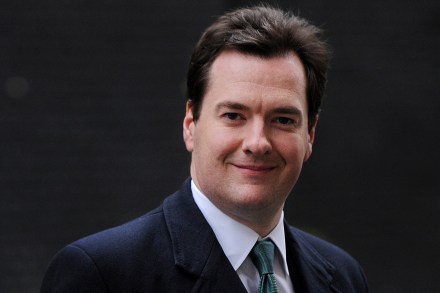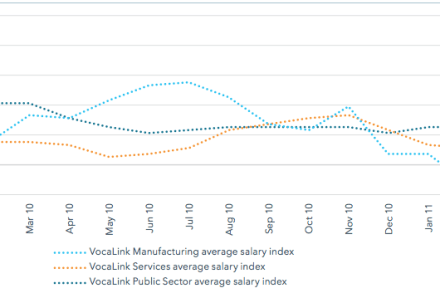On the whole, a qualified positive
To be sure, there was some good stuff in the budget, and I probably feel more positive about it than I expected to. The additional 1 percent cut in corporation tax, above and beyond what had already been announced, was perhaps the high point, although it will be the 1p cut in fuel duty (replacing a planned 5p rise) that draws the most favourable headlines. The rise in the personal allowance, meanwhile, is something the Adam Smith Institute has advocated for a (very) long time. Still, there were, as always, downsides. The goal to make UK corporation tax the most competitive in the G7 is a laudable one, and the




















